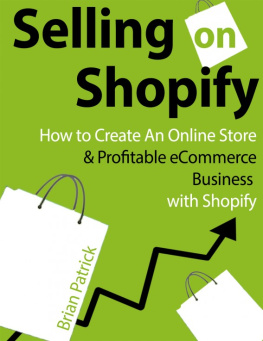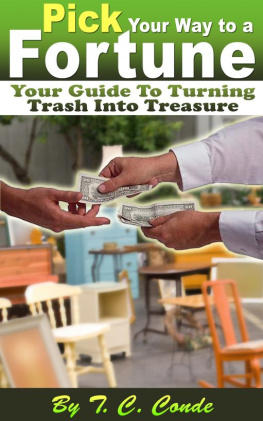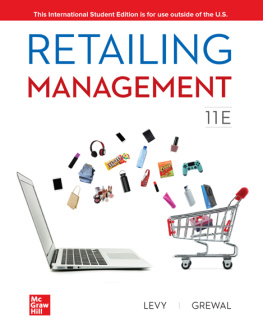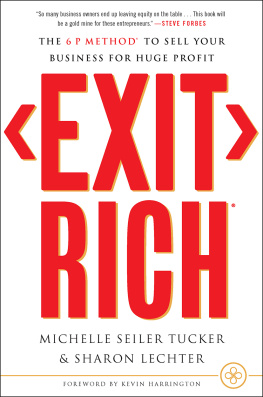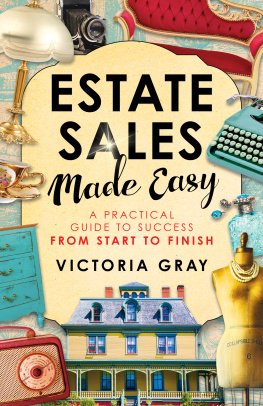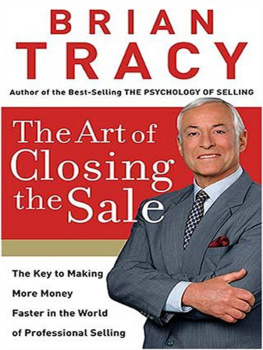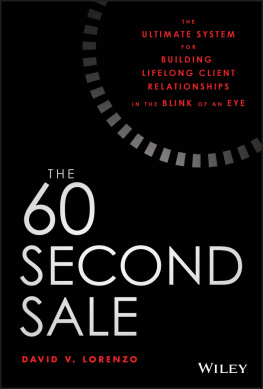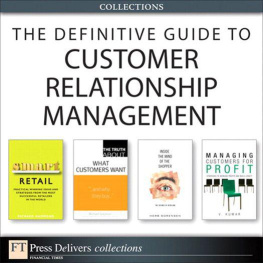Chip Averwater - Retail Truths: The Unconventional Wisdom of Retailing
Here you can read online Chip Averwater - Retail Truths: The Unconventional Wisdom of Retailing full text of the book (entire story) in english for free. Download pdf and epub, get meaning, cover and reviews about this ebook. year: 2013, publisher: Chip Averwater, genre: Home and family. Description of the work, (preface) as well as reviews are available. Best literature library LitArk.com created for fans of good reading and offers a wide selection of genres:
Romance novel
Science fiction
Adventure
Detective
Science
History
Home and family
Prose
Art
Politics
Computer
Non-fiction
Religion
Business
Children
Humor
Choose a favorite category and find really read worthwhile books. Enjoy immersion in the world of imagination, feel the emotions of the characters or learn something new for yourself, make an fascinating discovery.

- Book:Retail Truths: The Unconventional Wisdom of Retailing
- Author:
- Publisher:Chip Averwater
- Genre:
- Year:2013
- Rating:5 / 5
- Favourites:Add to favourites
- Your mark:
Retail Truths: The Unconventional Wisdom of Retailing: summary, description and annotation
We offer to read an annotation, description, summary or preface (depends on what the author of the book "Retail Truths: The Unconventional Wisdom of Retailing" wrote himself). If you haven't found the necessary information about the book — write in the comments, we will try to find it.
No academic theory--just hard-nosed realities shrewd retailers discover through experience and use to build profitable stores. Retail truths like:
*Wholesale is the cost of the merchandise, not the cost of the sale.
*There is no magic close.
*Profit is not immoral.
*Expecting to get the sale is half of getting it.
*They hear what you say, but they do what you pay.
*A manager is not a referee.
*A return policy is a tool, not a rule.
*Be-backs dont come back.
*Good management is an attitude, not a technique.
*He who underestimates his costs gets the sale.
*A sales presentation is not the place to give a business education.
*Youre not in business if youre not in show business.
*The last few percentage points are the profit.
*Merchandise is for sale, not for storage.
*People like to do business where business is being done.
*Inventory expands to fill all space.
*A good salesman makes a bad buyer.
*Building a brand doesnt make you its owner.
*A weak competitor is a useful nuisance.
*Good isnt good enough; only best gets the sale.
*The measure of a competitor is the price he can get.
*A company is known by the people it keeps.
*A retailers effectiveness can be measured by the animosity of his competitors.
*The applicant pool is not a cross section of the population.
*Tell the job, dont sell it.
*Low wages arent a bargain, good people are.
*All applicants are smart until they speak.
*If its important to know, certify that its known.
*Employees treat customers as managers treat employees.
*The only appropriate discipline is de-hiring.
*Growth doesnt produce cash, it consumes it.
*Bankers want you most when you need them least.
*A banking crisis is always just a personnel change away.
*Two stores dont make twice as much.
*All business is gambling, but double-or-nothing is soon nothing.
*A little success creates a lot of overhead.
*If at first you do succeed, try not to believe youre infallible.
Chip Averwater is a third-generation, 38-year veteran of retailing. In Retail Truths he shares the lessons of a career, gathered in over twelve years of writing.
If you could own only one book on retailing, this should be the one.
Review: The Ultimate Guide to Successful Retail. In Retail Truths, Chip Averwater distills 40 years of hard-won experience into 380 highly readable pages. ...instead of banal generalities, he offers specific and detailed suggestions that will resonate with anyone who has spent time in the industry.Averwater provides an exhaustive list of the critical details that separate stellar performers from the casualties, and his insights are invariably on the mark. On the need for fiscal prudence, he writes, A store needs profits, not so the owners or investors can winter in the Caribbean but to grow inventories, expand locations, add personnel, or upgrade systems. Are bigger stores better? He observes, An abundance of space indulges our tendencies to disorganization. What we usually need isnt more space, but purchase planning and inventory management. Efficiency is seldom fun but always rewarding.Based on long personal experience, Averwater concludes that a good salesperson can easily be five times as productive as a laggard, and says high-priced salespeople are an expense we want. In a lengthy segment devoted to personnel, he offers a blueprint for hiring and retaining those top performers--from how to screen out undesirables in the hiring process (Less than one in 20 job applicants is a suitable candidate) to maintaining high morale (A managers words resonate for a while then fade. Incentives speak with every paycheck.)We suspect that Retail Truths will ring true to any thoughtful practitioner of store management.--Music Trades, April 2012
Chip Averwater: author's other books
Who wrote Retail Truths: The Unconventional Wisdom of Retailing? Find out the surname, the name of the author of the book and a list of all author's works by series.

